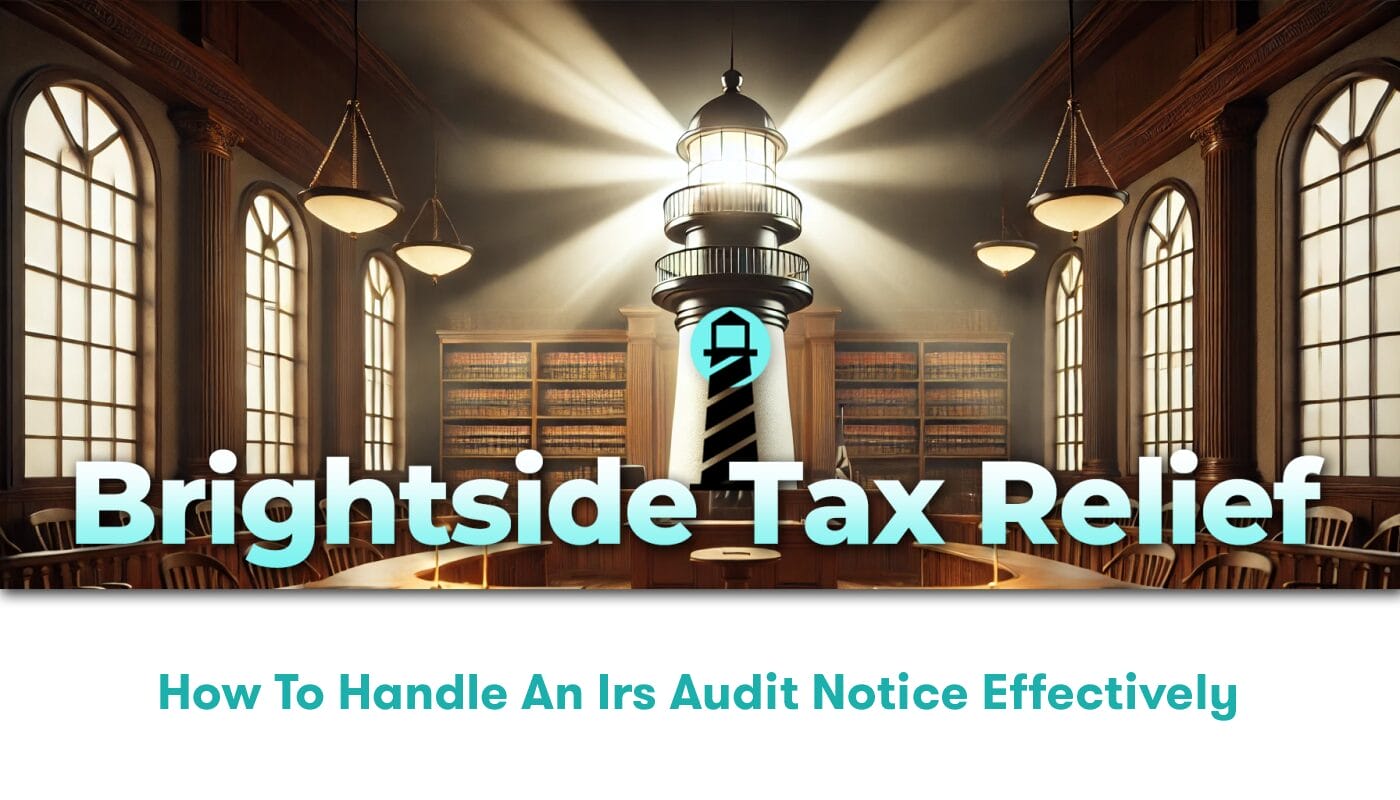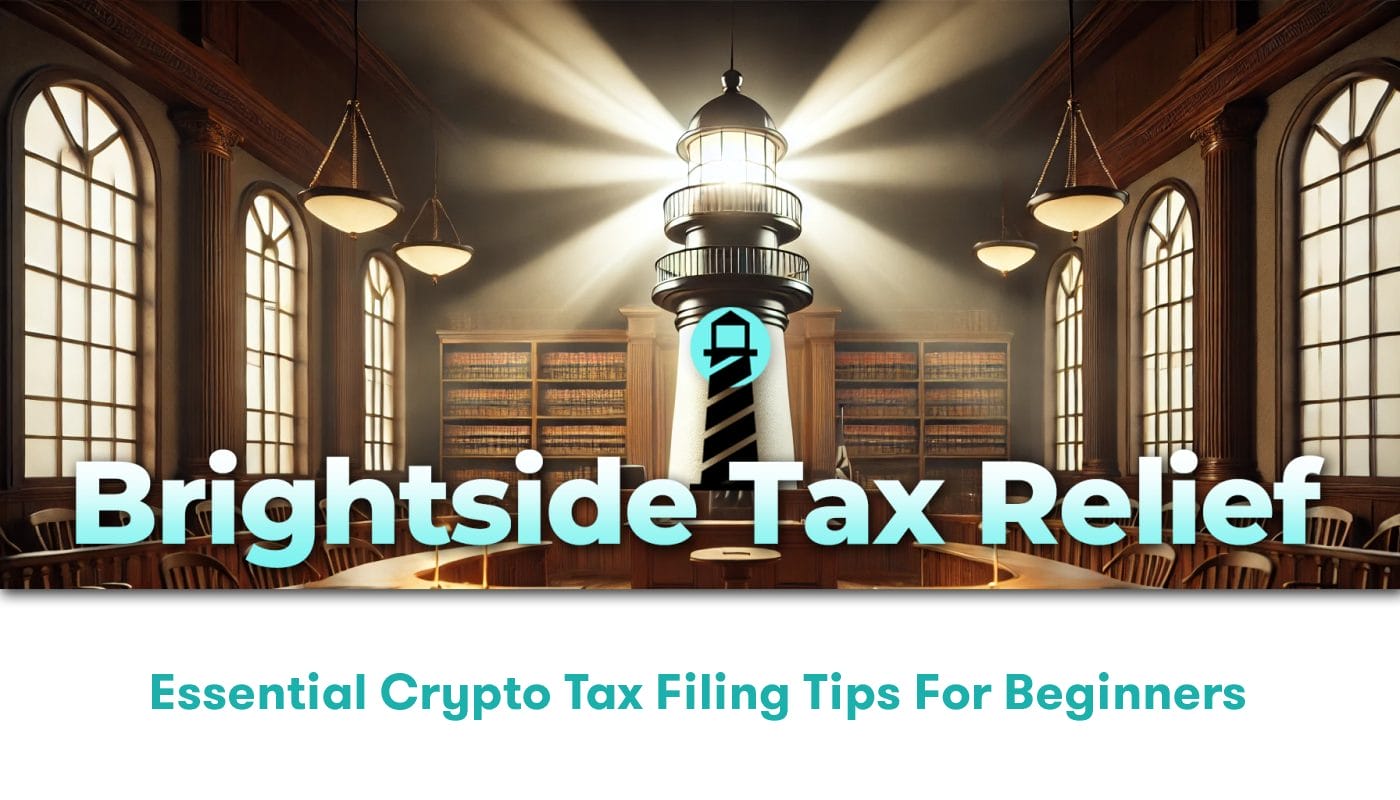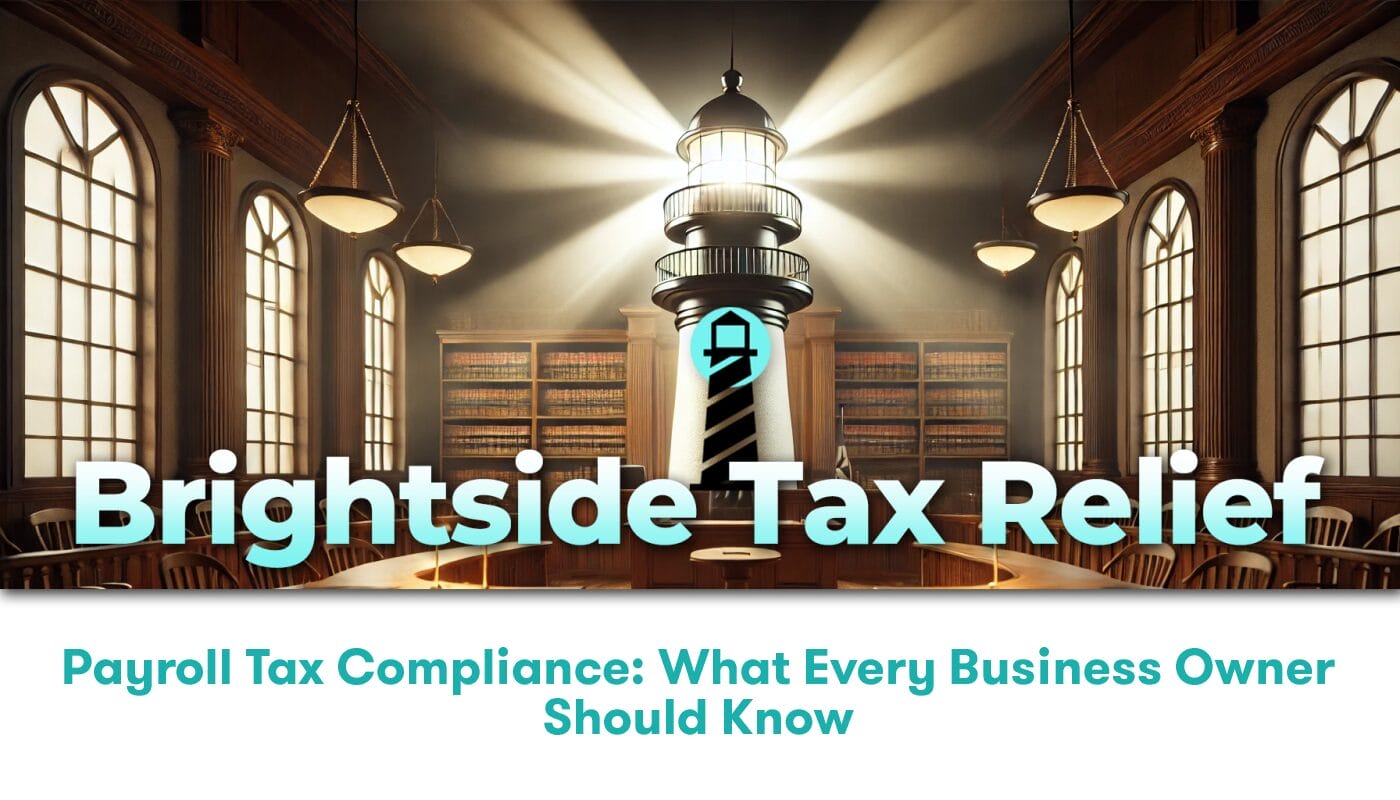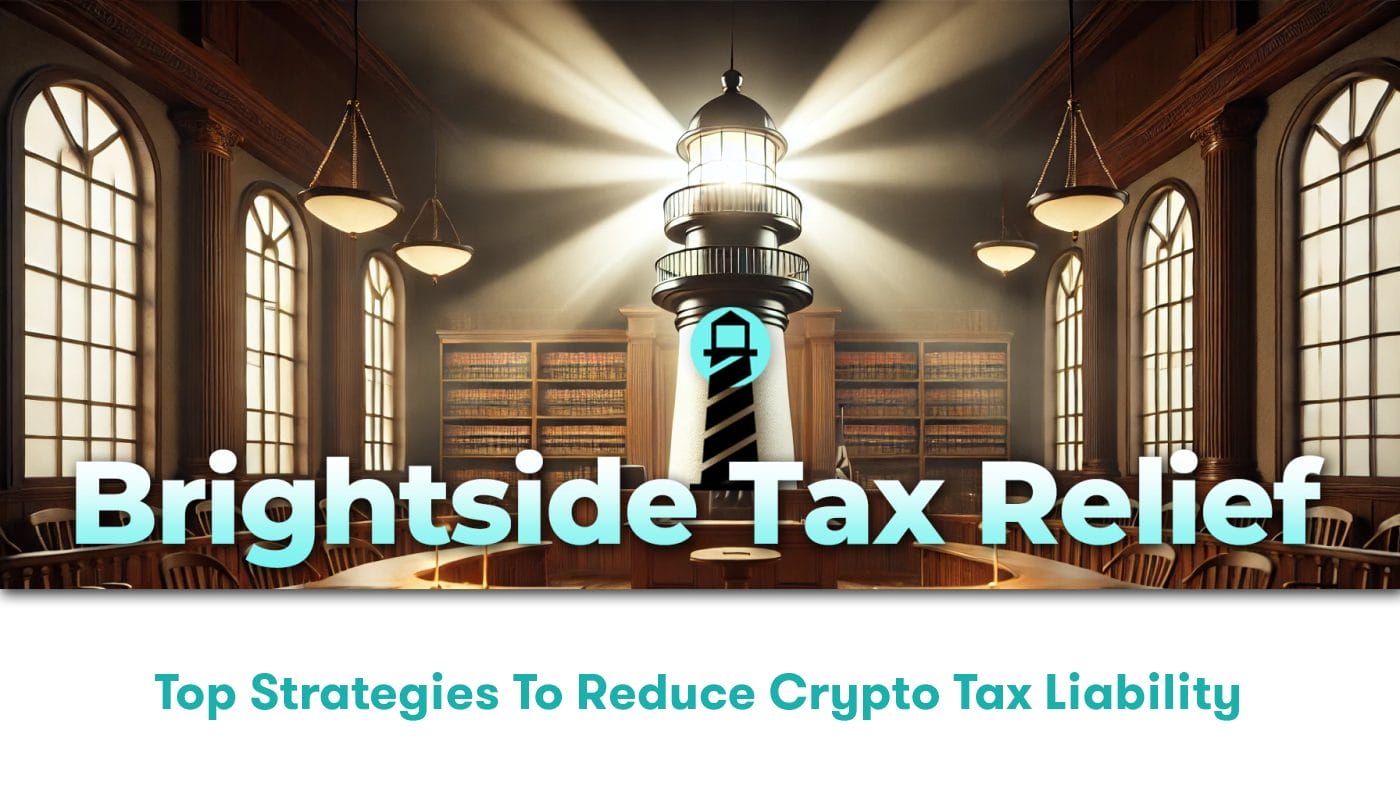Navigating the Rental Property Tax Maze: A Landlord’s Guide to Fiscal Sanity
Welcome to the wild world of rental property taxes, where the only thing more confusing than the tax code is trying to decipher your tenants’ excuses for late rent. As a property owner, you’re not just a landlord; you’re also an unwitting contestant in the most complex game show ever: “Who Wants to Be a Millionaire… Without Owing the IRS a Fortune?” But fear not, intrepid investor! We’re here to help you navigate this fiscal labyrinth with the grace of a ballet dancer and the precision of a tax attorney on their fourth espresso.
First things first: let’s talk about income. Yes, that beautiful, green stuff flowing into your bank account from your rental properties is taxable. Shocking, we know. But before you start considering a life of tax evasion and fake mustaches, remember that Uncle Sam is surprisingly reasonable when it comes to rental income. You can deduct a veritable smorgasbord of expenses related to your property, from mortgage interest and property taxes to repairs, maintenance, and even that fancy new “tenant background check” software you bought (which, let’s be honest, you mainly use to stalk your ex on social media).
But wait, there’s more! Did you know you can also deduct depreciation on your rental property? That’s right, the IRS actually lets you claim a tax deduction for your property wearing out over time, even if it’s actually increasing in value. It’s like getting a participation trophy for owning real estate. Just remember, depreciation can be a double-edged sword when you sell the property, so consult with a tax professional before you start depreciating with abandon.
Rental property taxes may seem daunting, but with careful record-keeping and knowledge of available deductions, landlords can navigate the system to their advantage while staying on the right side of the IRS.
The Nitty-Gritty: Untangling the Web of Rental Property Tax Complexities
Now that we’ve dipped our toes into the shallow end of the rental property tax pool, it’s time to dive headfirst into the deep end. Don’t worry; we’ve got floaties. One of the most crucial aspects of managing your rental property taxes is understanding the concept of “material participation.” This isn’t about choosing curtains for your tenants; it’s about how involved you are in the day-to-day operations of your rental business. The IRS has specific rules about what constitutes material participation, and it can affect everything from how your rental income is taxed to whether you can claim certain deductions.
Speaking of deductions, let’s talk about the holy grail of rental property tax breaks: the home office deduction. If you use a portion of your personal residence exclusively for managing your rental properties, you might be eligible to deduct a portion of your home expenses. But beware: claiming a home office deduction is like waving a red flag in front of the IRS bull. Make sure you can back up your claim with meticulous records and a space that’s truly used exclusively for your rental business. No, that corner of your bedroom where you occasionally answer tenant emails while binge-watching “Property Brothers” doesn’t count.
Another tax landmine to watch out for is the dreaded “passive activity loss limitation.” This rule can limit your ability to deduct rental losses against other types of income, potentially leaving you with a higher tax bill than you expected. However, there are exceptions for “real estate professionals” and those with adjusted gross incomes below certain thresholds. If you find yourself muttering “passive aggressive loss limitation” under your breath every time you see your tax bill, it might be time to consult with a tax professional who specializes in rental property issues.
Understanding complex concepts like material participation, home office deductions, and passive activity loss limitations is crucial for rental property owners to maximize their tax benefits and avoid costly mistakes.
Brightside Tax Relief: Your Local Lighthouse in the Stormy Seas of Rental Property Taxes
Now that we’ve thoroughly terrified you with the complexities of rental property taxes, allow us to introduce your new best friend: Brightside Tax Relief. Think of us as the superhero team assembled specifically to battle the villainous forces of tax confusion and IRS anxiety. We’re like the Avengers, but instead of fighting aliens, we fight outdated tax software and poorly organized receipts.
What sets Brightside Tax Relief apart in the world of rental property tax assistance? For starters, we actually speak human. While other tax professionals might communicate in a series of grunts and obscure tax code references, we pride ourselves on translating complex tax concepts into language that won’t make your eyes glaze over. We’re like the Rosetta Stone of the tax world, fluent in both IRS-ese and regular person speak.
But our superpowers don’t stop there. We’re also local experts, which means we understand the specific tax challenges faced by rental property owners in your area. Whether you’re dealing with state-specific tax credits, local property tax assessments, or just trying to figure out if you can deduct the cost of that “No Loud Parties” sign you had custom-made for your college town rental, we’ve got you covered. Our team stays up-to-date on all the latest tax law changes, so you don’t have to spend your evenings poring over IRS publications instead of enjoying a well-deserved Netflix binge.
Brightside Tax Relief offers a unique combination of local expertise, clear communication, and up-to-date knowledge, making them an invaluable partner for rental property owners navigating the complex world of tax management.
Brightside’s Brilliance: Your Beacon in the Rental Property Tax Storm
When it comes to navigating the choppy waters of rental property taxation, Brightside Tax Relief stands out as a lighthouse of expertise and reliability. Their team of seasoned professionals understands the intricacies of rental property tax issues like a seasoned sailor knows the seas. With years of experience under their belt, Brightside has helped countless property owners weather the storm of complex tax regulations and come out on top.
One of the key reasons to choose Brightside Tax Relief is their comprehensive approach to handling rental property tax issues. They don’t just offer a one-size-fits-all solution; instead, they tailor their services to your unique situation. Whether you’re dealing with depreciation calculations, passive activity loss limitations, or the ever-tricky question of whether your rental activities constitute a business or an investment, Brightside’s experts have got you covered.
Moreover, Brightside Tax Relief’s nationwide reach means they’re well-versed in both federal and state-specific rental property tax laws. This broad knowledge base is crucial, as tax regulations can vary significantly from one state to another. By choosing Brightside, you’re essentially gaining access to a vast network of tax expertise that spans the entire country. It’s like having a tax encyclopedia at your fingertips, but one that actually speaks in plain English and doesn’t put you to sleep!
Untangling the Tax Tangle: Your Burning Questions Answered
Now, let’s address some of the most common questions that keep rental property owners up at night, tossing and turning like a 1040 form in a wind tunnel. First up: “How do I handle repairs versus improvements?” This is a classic conundrum that can make even the most seasoned landlord scratch their head. Brightside Tax Relief experts can guide you through the maze of regulations, helping you understand when you can deduct expenses immediately (repairs) and when you need to capitalize and depreciate them over time (improvements).
Another frequent head-scratcher is, “What about vacation homes that I rent out part-time?” The tax treatment of these properties can be trickier than a game of Monopoly with a rules-lawyer. Brightside’s professionals can help you navigate the complex rules surrounding personal use versus rental use, ensuring you maximize your deductions while staying on the right side of the IRS.
Lastly, a question that often pops up is, “How do I handle rental income and expenses if I own multiple properties?” This is where Brightside Tax Relief really shines. They can help you set up efficient record-keeping systems, advise on the pros and cons of different ownership structures, and ensure you’re taking advantage of all available deductions across your entire portfolio. It’s like having a financial juggler who can keep all your property tax balls in the air without breaking a sweat!
Charting Your Course: Setting Sail with Brightside
Ready to embark on your journey towards rental property tax relief? The first step is as easy as picking up your phone and dialing 844-638-0800. Brightside Tax Relief’s friendly team is standing by, ready to throw you a lifeline and pull you aboard their ship of tax expertise. Don’t worry if you’re feeling a bit seasick from all the tax jargon – they’re experts at translating “IRS-ese” into plain English.
Once you’ve made contact, Brightside will typically start with a comprehensive review of your rental property situation. This isn’t just a cursory glance – they’ll dive deep into your financial records like a treasure hunter searching for buried tax deductions. They’ll analyze your income, expenses, property values, and more to get a full picture of your tax situation. It’s like getting a financial X-ray, but without the need for those unflattering hospital gowns.
After the initial assessment, Brightside Tax Relief will develop a customized strategy to address your specific rental property tax issues. This might involve restructuring your property ownership, implementing more efficient record-keeping systems, or finding creative (and legal!) ways to maximize your deductions. They’ll work with you to implement these strategies, providing support and guidance every step of the way. It’s like having a personal tax trainer, pushing you towards your financial fitness goals without the need for sweaty workout clothes.





